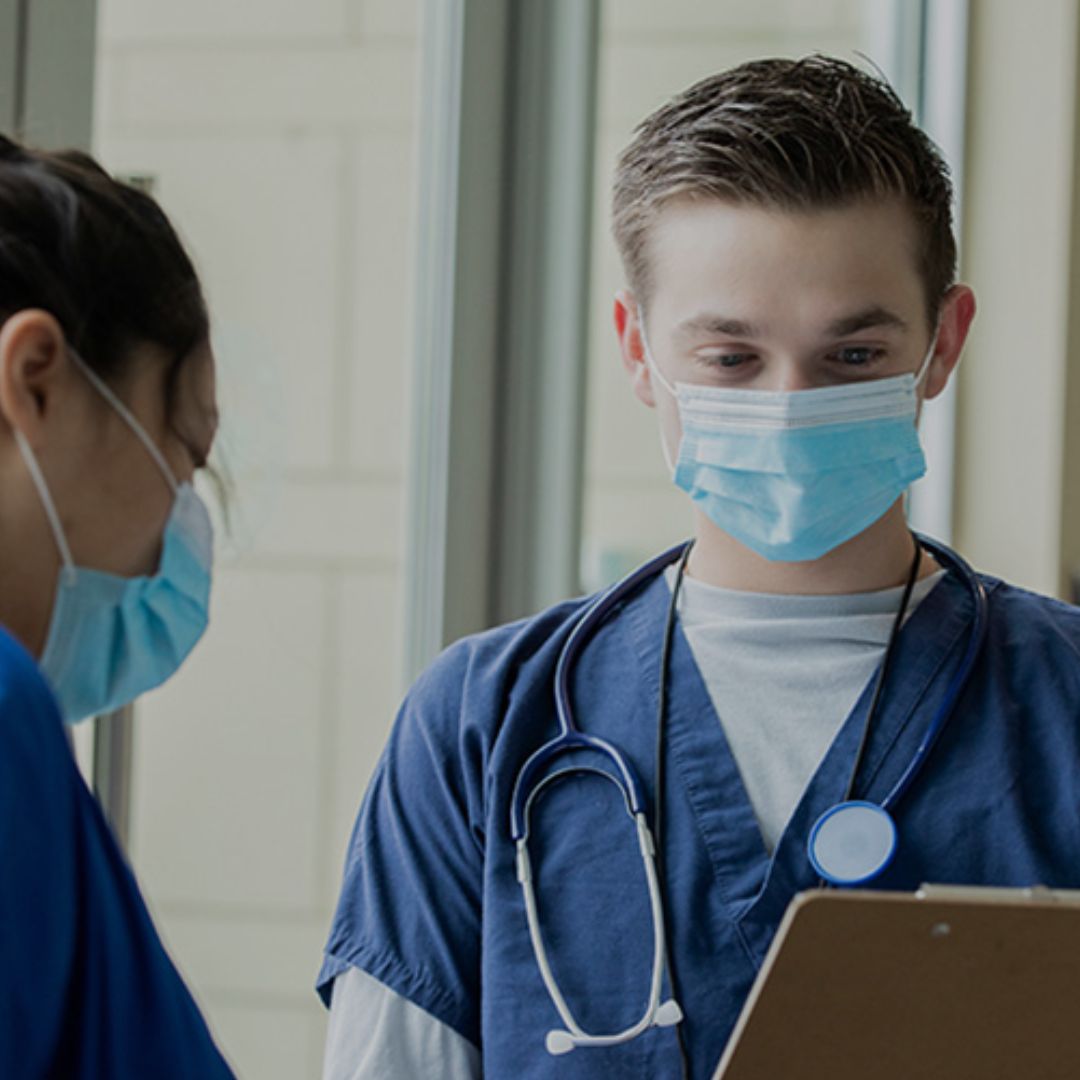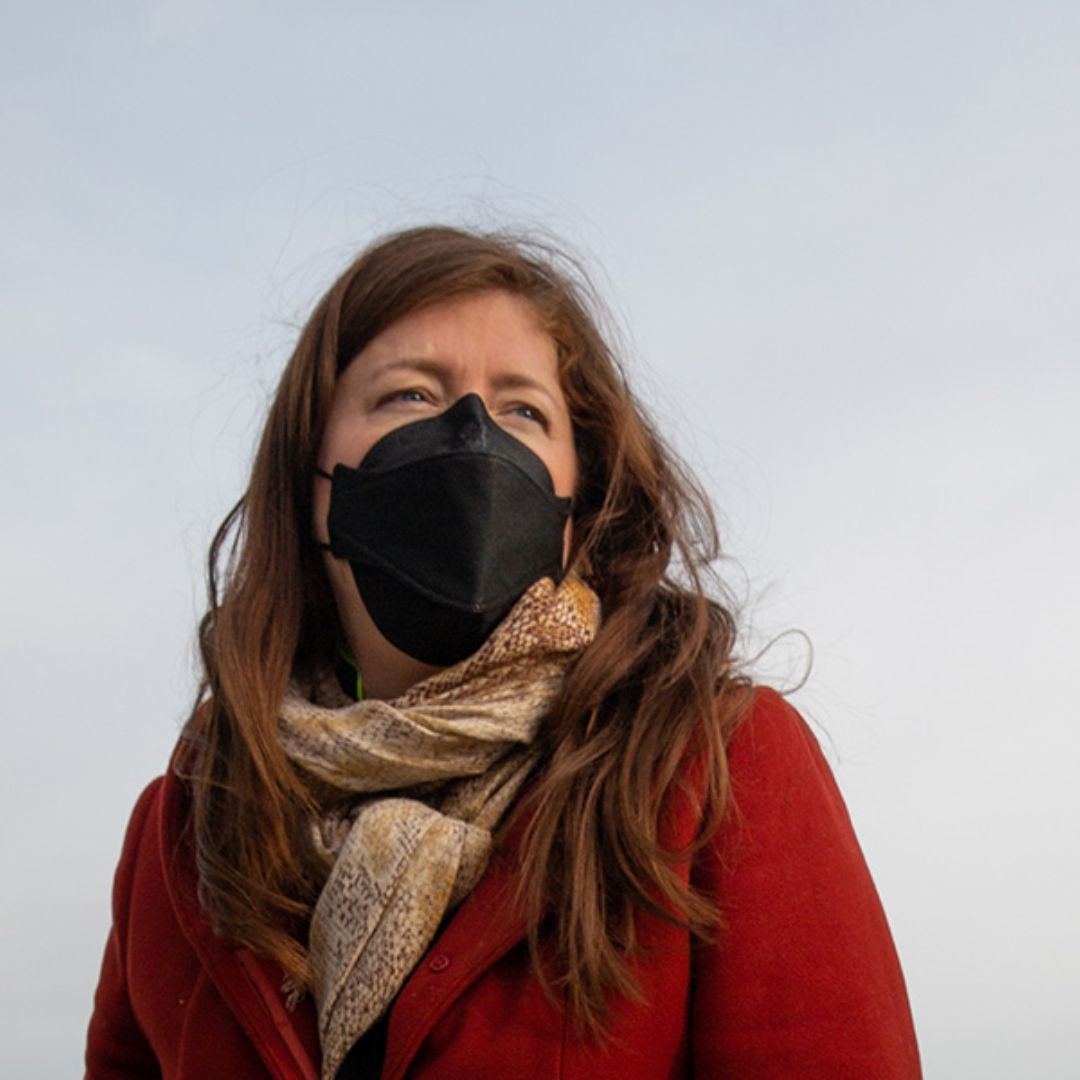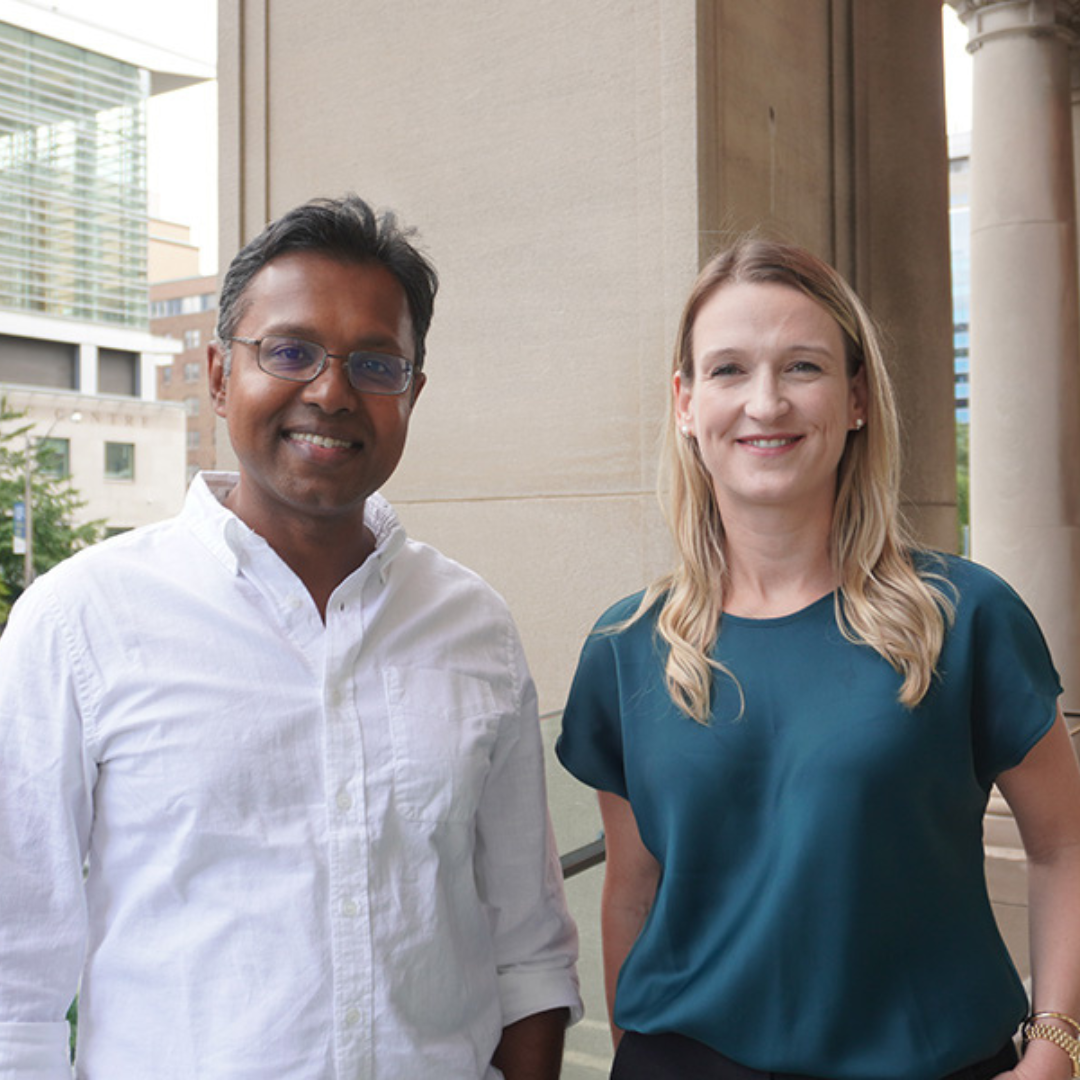As the summer comes to an end, parents are turning their attention to going back to school this fall and are worrying about how COVID-19 will affect their kids upon their return to the classroom. It can be hard to know what precautions your kids should be taking to keep themselves and others physically safe. Kids are also facing challenges of their own, such as anxiety, that could affect their mental well-being. We spoke to two experts at University Health Network (UHN) about what healthy habits parents can instill in their kids before going back to school, and how parents can help address their children’s fears.
Outbreaks will happen – but we can do our best to minimize them
Parents should be aware that when it comes to COVID-19 in schools, outbreaks are inevitably going to happen. “No matter how tight our plan is for reopening schools, there are always going to be cases that arise within the school system,” remarks Dr. Susy Hota, medical director for the Infection Prevention and Control (IPAC) program at UHN and assistant professor at the University of Toronto. She hopes that when these outbreaks happen, we can react calmly, quickly and efficiently and make rational decisions related to these events.
For parents, patience is key. “I think people just have to be ready and willing to be flexible as we go through this because not one plan that I’ve seen is perfect.” In the meantime, teaching your kids healthy habits can help decrease the spread of COVID-19 and limit outbreaks in schools.
Speak in a way they understand
“It’s important for parents to talk in age-appropriate terms,” shares Dr. Paul Sandor, a professor in the Department of Psychiatry at the University of Toronto and director of the Tourette Syndrome Neurodevelopmental Clinic at UHN. For younger kids, keep it to items that they can control. “For example, wearing a mask, physical distancing, concrete things that kids can learn to understand and do,” says Dr. Sandor. Minimizing the issues that kids or parents can’t control can also help limit fears about going back to school.
Wear a mask indoors, even when optional
Overcoming the challenges of physical distancing
“Physical distancing is important like it is everywhere else,” says Dr. Hota. However, this might be difficult in schools as they are not laid out to allow these measures. “When you can’t actually physically distance the way you like to, you can minimize the number of people that any given kid is exposed to,” suggests Dr. Hota. One of the solutions is to cohort kids so they are exposed to the same individuals during the school day. While making friends is an important part of being at school, reminding kids to keep their distance, especially from those who are not in their class, can help limit the spread.
Take hand washing to a new level
Hand washing is a vital part of preventing the spread of COVID-19. Luckily, many kids have become experts over the summer. “They actually have better technique than many adults I know in terms of sanitizing their hands and making sure they’re getting all surfaces,” laughs Dr. Hota. Reminding kids of when it’s important to wash their hands and practising this at home can help ensure good hand hygiene at school.
Screen for symptoms
Parents should screen their kids for symptoms and encourage their kids to tell parents or teachers if they are feeling ill. “I think with my children at least, they tolerate all kinds of symptoms without telling anyone,” shares Dr. Hota. Remind your kids that if they have a scratchy throat, runny nose or any other symptoms, they should tell their teacher right away. Keep in mind that many children will be asymptomatic or mildly symptomatic, so screening will never be perfect.
Parents aren’t the only ones who will be anxious
Take precautions yourself
“The success of reopening schools really does rely upon what the broader public does,” says Dr. Hota. Many people who don’t have children don’t feel invested in this topic, but the actions of everyone will affect schools, children within schools and teachers. “And then in converse, what happens in the schools will then impact greater society,” emphasizes Dr. Hota. Encouraging your friends, family and colleagues to continue taking appropriate precautions to decrease community spread in the general population will help keep your kids safe at school.
Don’t worry about perfection
A single technique on its own won’t help prevent the spread of COVID-19 when kids return to school this fall. “It’s going to be multiple layers of risk mitigation that have to be applied,” says Dr. Hota. Combining physical distancing, mask-wearing, hand washing, symptom screening and no sharing will help keep kids safe. “And they don’t have to be done perfectly,” Dr. Hota adds. “They just have to be done well enough.”


